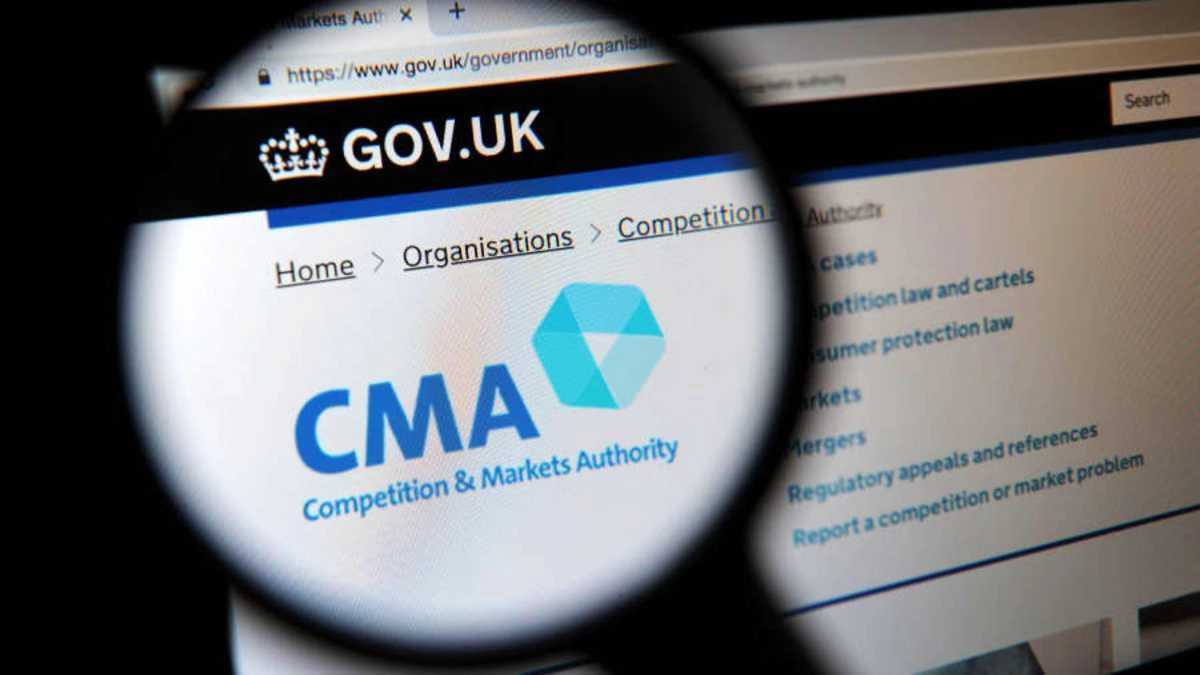The Competition and Markets Authority (CMA) has provisionally found that Facebook’s merger with Giphy would be harmful to competition between social media platforms.
The merger brings together Facebook, the largest provider of social media sites and display advertising in the UK, with Giphy, the largest provider of GIFs.
If the Competition and Markets Authority’s (CMA) competition concerns are ultimately confirmed, it could require Facebook to unwind the deal and sell off Giphy in its entirety.
The watchdog’s investigation found that if there was a reduction in choice or quality of GIFs – which are used in millions of social media posts daily – it could pressure users to switch to a different platform, such as one of Facebook’s platforms.
If Facebook, which owns Instagram and WhatsApp, also owned Giphy, it could lead the social media giant to deny the GIF platform to other social media sites.
Millions of posts every day on social media sites now include a GIF. Any reduction in the choice or quality of these GIFs could significantly affect how people use these sites and whether or not they switch to a different platform, such as Facebook. As most major social media sites that compete with Facebook use Giphy GIFs, and there is only one other large provider of GIFs – Google’s Tenor – these platforms have very little choice.
The CMA provisionally found that Facebook’s ownership of Giphy could lead it to deny other platforms access to its GIFs. Alternatively, it could change the terms of this access – for example, Facebook could require Giphy customers, such as TikTok, Twitter and Snapchat, to provide more user data in order to access Giphy GIFs.
Such actions could increase Facebook’s market power, which is already significant. The CMA’s analysis suggests that Facebook’s platforms – Facebook, WhatsApp, and Instagram – account for over 70% of the time people spend on social media and are accessed at least once a month by 80% of all internet users.
Impact on digital ‘display’ advertising
Before the merger, Giphy was offering innovative paid advertising in the US, which had the potential to compete with Facebook’s own display advertising services. This allowed companies – including customers such as Dunkin’ Donuts and Pepsi – to promote their brands through visual images and GIFs.
The CMA found that, prior to the deal, Giphy was considering expanding its advertising services to other countries, including the UK. This would have brought a new player into the advertising market and a potential challenger to Facebook. It would also have encouraged greater innovation from others in the market, including social media sites and advertisers.
However, Facebook terminated Giphy’s paid advertising partnerships following the deal, meaning an important source of potential competition has been lost.
This is particularly concerning given Facebook’s existing market power in display advertising – as part of its assessment, the CMA found that Facebook had a share of around 50% of the £5.5 billion display advertising market in the UK.
Chair of the independent inquiry group carrying out the second phase of the investigation, Stuart McIntosh, explained:
Millions of people share GIFs every day with friends, family and colleagues, and this number continues to grow. Giphy’s takeover could see Facebook withdrawing GIFs from competing platforms or requiring more user data in order to access them. It also removes a potential challenger to Facebook in the £5.5 billion display advertising market. None of this would be good news for customers.
While our investigation has shown serious competition concerns, these are provisional. We will now consult on our findings before completing our review. Should we conclude that the merger is detrimental to the market and social media users, we will take the necessary actions to make sure people are protected.
As well as being investigated by the CMA, the merger is also being reviewed by other competition authorities. The CMA says it has engaged with these agencies – and continues to do so – to help progress its investigation.
Facebook disagreed with the CMA’s provisional findings, saying:
“We disagree with the CMA’s preliminary findings, which we do not believe to be supported by the evidence.
“As we have demonstrated, this merger is in the best interest of people and businesses in the UK – and around the world – who use GIPHY and our services. We will continue to work with the CMA to address the misconception that the deal harms competition.”
The CMA is now welcoming responses from interested parties to its provisional findings by 2 September 2021 and its notice of possible remedies by 25 August 2021. These will be considered ahead of the CMA issuing its final report, which is due by 6 October 2021.



